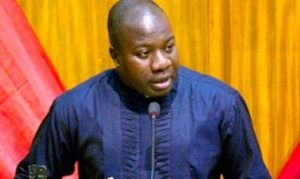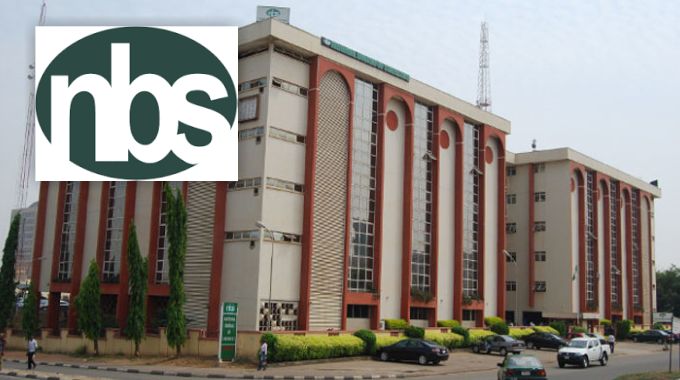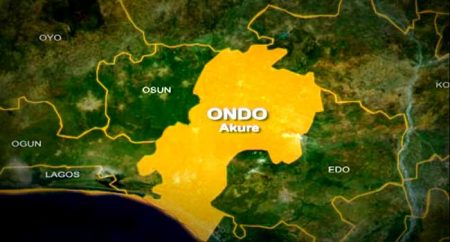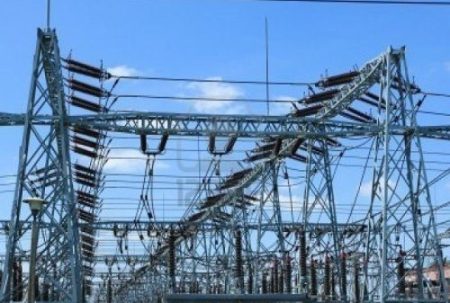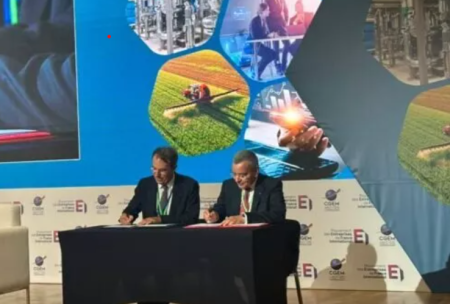In 2023, the Federal Government of Nigeria, through its National Bureau of Statistics (NBS), reported that Nigerians contributed a staggering N40.14 billion in road taxes to various state governments, marking a significant 63.36% increase from the N24.57 billion collected in 2022. This surge underscores the pivotal role of road taxes in bolstering state finances across the country. The data, derived from the recently published Internally Generated Revenue (IGR) report, highlights the growing importance of road tax revenue in the local economies of Nigerian states, showcasing how such fiscal measures can directly impact infrastructure funding and service delivery.
Leading the charge in road tax revenue was Lagos State, often regarded as Nigeria’s economic hub, which amassed N16.74 billion. This remarkable figure not only indicates a substantial contribution from Nigeria’s most populous state but also demonstrates its dominance by constituting 41.7% of the total road tax revenue collected nationwide. Interestingly, Lagos had no recorded road tax revenue in the previous year, highlighting the state’s newfound capacity to capitalize on this revenue stream effectively. Such a development reflects a strategic shift by Lagos in leveraging its economic capabilities to increase state revenue through taxes that directly support road maintenance and infrastructure development.
Ebonyi State made headlines with an extraordinary 3,804.32% increase in road tax collections, soaring from a mere N72.95 million in 2022 to N2.85 billion in 2023. This exponential growth signifies not just a successful tax collection strategy but perhaps a broader recognition of the need for improved infrastructure funding in states traditionally lagging in revenue generation. Other states like Rivers and Sokoto reported notable increases of 270.66% and 41.22%, respectively, signifying a trend of enhanced road tax collection efforts across various regions. Meanwhile, Yobe State’s 30.4% rise to N81.88 million demonstrated an upward trajectory, although it still maintained relatively modest numbers compared to its counterparts.
However, the financial picture was not entirely rosy, as several states experienced significant declines in their road tax collections. Enugu State faced a staggering 95.12% drop, plummeting from N1.1 billion in 2022 to a mere N53.47 million in 2023, illuminating challenges in tax enforcement and collection strategies within that region. Similarly, Katsina State saw a notable decrease of 79.34%, while Niger State’s revenues fell by 53.41%. Such declines underscore disparities in fiscal governance and the effectiveness of tax policies across states, raising concerns regarding their ability to sustain essential services and infrastructure investment.
The overall trend in Nigeria revealed an increase in total internally generated revenue, with the cumulative figure reaching N2.43 trillion in 2023—a 26% rise from the N1.93 trillion recorded in 2022. This overall growth in IGR points to a broader inclination among states to enhance their revenue-raising capabilities amidst economic pressures. In line with these revenue generation strategies, Taiwo Oyedele, chairman of the presidential committee on fiscal policy, advocated for the removal of taxes on essential goods and services, such as food and public transport. This proposed tax relief aims to alleviate economic strain on Nigerians, especially those in lower income brackets, reflecting a shift towards more equitable fiscal policies.
Oyedele’s remarks highlight an intention to restructure Nigeria’s tax system by exempting basic necessities from taxation, thus making them more affordable. His emphasis on tax-free transportation options for low-income earners suggests a nuanced understanding of social equity in fiscal policy. By proposing to eliminate VAT and other taxes on essential commodities, the committee aims to foster economic inclusivity and enhance the purchasing power of the average Nigerian. In doing so, the Nigerian government appears to be recognizing the need to balance revenue generation with the need to protect its citizens from rising living costs, particularly as road taxes and other local revenues become increasingly vital for state financing.


